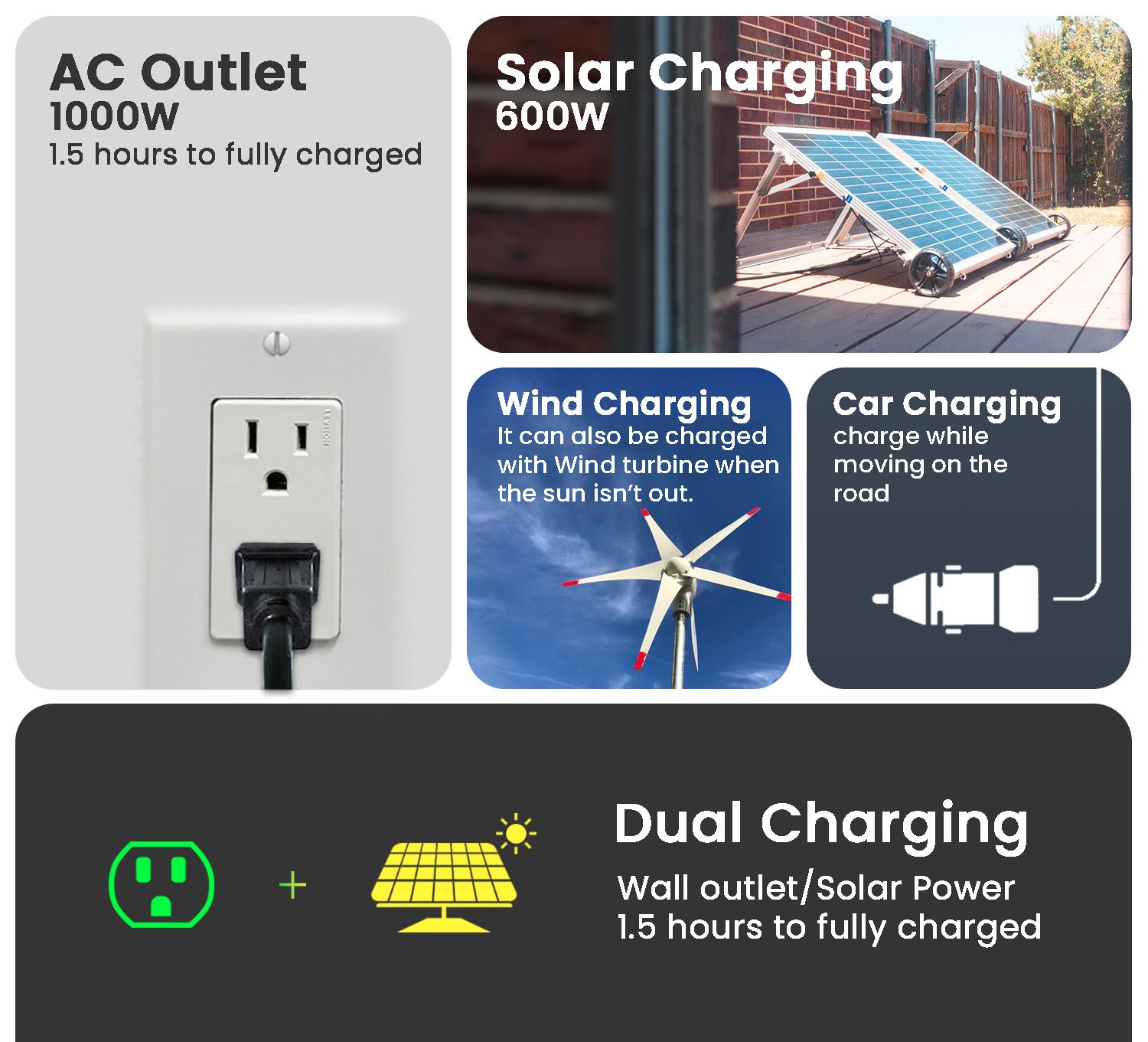Congress Has a Chance Actually to Help Americans Before Recess
The Senate should pass the DeOndra Dixon INCLUDE Act without delay.

In the month or so since Kamala Harris was roundly defeated at the polls, much ink has been spilt, and rightly so, on the worthlessness—even the counter-productivity—of celebrity endorsements.
The self-righteousness of Hollywood activists often grates; but sometimes celebs can surprise us—in a good way. Jon Stewart’s advocacy for veterans and 9/11 first responders is a good example. And last week, the Academy Award winner and ubiquitous (if you watch ESPN anyway) BetMGM pitchman Jamie Foxx stormed Capitol Hill with cameras in tow in support of more funding for Down syndrome research.
Some background is in order.
The legislation in question, the DeOndra Dixon INCLUDE Project Act, is named after Foxx’s sister, who had Down syndrome and passed away at the age of 36 in October 2020. The bipartisan bill sailed through the House in mid-September, spearheaded by the Global Down Syndrome Foundation (GLOBAL) and ushered through committee by the House Energy and Commerce Committee Chair Cathy McMorris Rodgers (R-WA). The bill would appropriate $90 million a year to the National Institutes of Health over the next five years for research into Down syndrome. In a statement released after the legislation was sent to the Senate, Rogers noted that the legislation
will support research into Down syndrome, which has been dramatically underfunded despite affecting one in every 700 babies. Better understanding individuals with this disability–and truly valuing the unique gifts they possess–will help unleash their potential and benefit every American who knows someone battling other diseases, like cancer and Alzheimer’s. As the proud mom of a child with Down syndrome, I am committed to working with my colleagues on both sides of the aisle to see this bill signed into law.
As GLOBAL points out, for decades Down syndrome was one of the least funded of NIH’s research priorities, averaging between $16 and $20 million in funding annually. That began to change in 2018 when the group, working alongside Representatives Rogers, Tom Cole, and Rose DeLauro, established the INCLUDE Project. As Rogers put it last week, “Although this is the most common chromosome abnormality, it is also the least funded at NIH.” As advocates note, people with Down syndrome are at significantly higher risk for congenital heart defects, sleep apnea, and Alzheimer’s disease. Life expectancy for a person with Down syndrome is about 60, for the average American it is about 77.
With the 118th Congress about to adjourn, the Senate, prioritizing Ukraine and other far-off places, has yet to act. So, time is of the essence, which explains Foxx’s well publicized trip to the Hill. During a press conference, Foxx explained, “My sister was a big part of my life. She lived an incredible life. People like DeOndra need help. It feels really good to talk about a bill that would be in my sister’s name to continue her legacy.”
It hardly needs pointing out that Congress too often prioritizes and indeed subsidizes and protects the most malign forces operating within American society.
From bad actors within the defense industry and civil aviation (hello, Boeing) to the modern day robber barons who run the financial services, pharmaceutical and for-profit health care industries, far from acting as “the people’s house” Congress too often functions as the funding and insurance arm of corporate America. The DeOndra Dixon INCLUDE Act is a chance for Congress to put our most vulnerable and in many ways most admirable citizens first—for a change.
The post Congress Has a Chance Actually to Help Americans Before Recess appeared first on The American Conservative.



